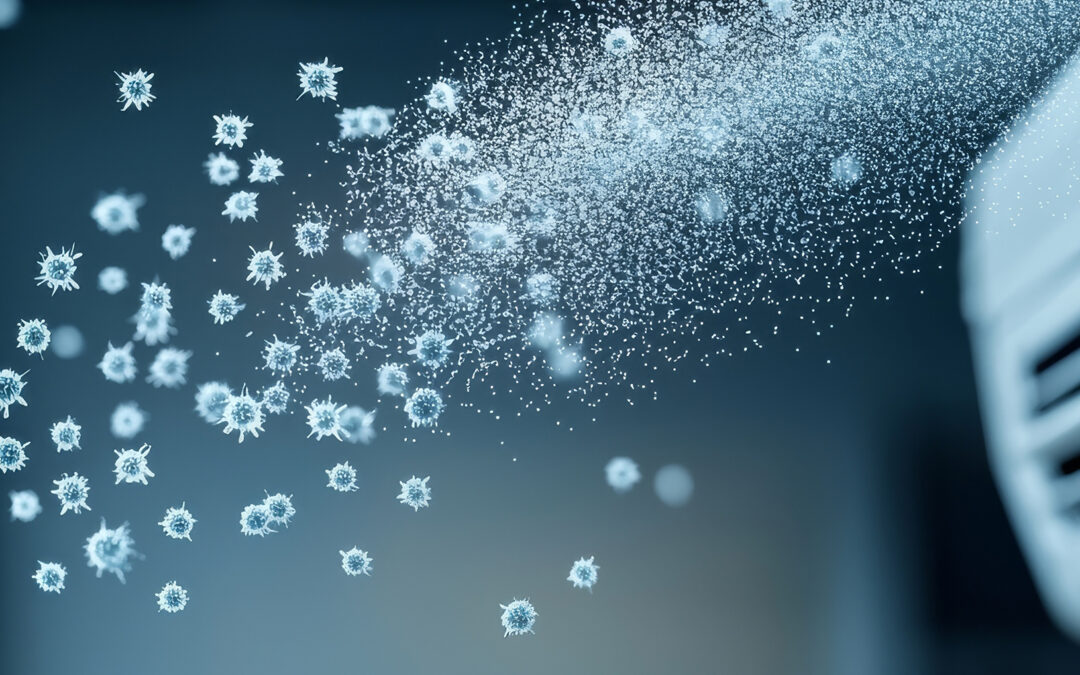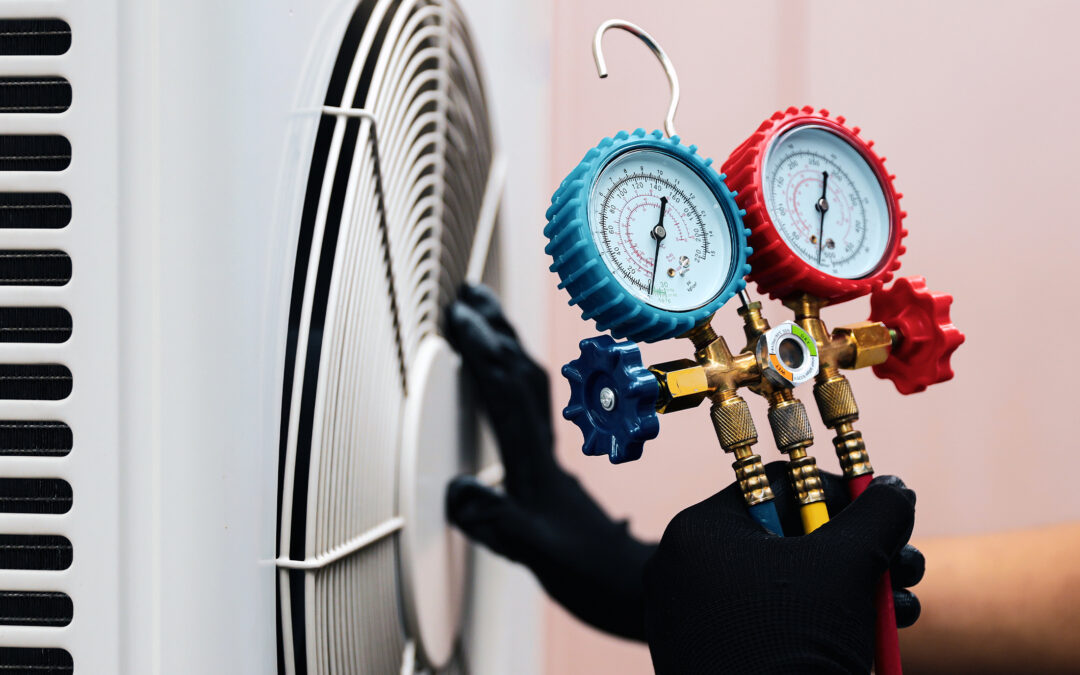Top Plumbing Tips for Keeping Your Pipes in Tip Top Shape

One of the biggest headaches any homeowner faces is dealing with plumbing issues. A leaky pipe, a clog, or a faulty sump pump could be doing damage to your home for weeks—or even months—before you even realize it. The damage is usually done by the time you uncover a plumbing problem, given that most plumbing hardware is behind the walls.
To avoid these headaches, it’s important that you take good care of your home’s plumbing system. Here are a few tips that, when followed, will ensure your pipes have a long, healthy life. And that you don’t wake up one day with a huge and costly plumbing headache.
Don’t Flush Anything Except Toilet Paper and Bodily Waste
If you’ve ever been in a hotel or maybe an Airbnb, you might’ve seen a sign in the bathroom that says, “Do not flush paper towels, feminine products, flushable wipes or baby wipes.” There’s a good reason for those signs. While these other products have similar qualities to toilet paper, the truth is that they’re too big for your pipes. Flushing anything besides toilet paper and bodily waste can cause clogs.
Now, some clogs are normal, especially if you’re not eating enough fiber (if you get our drift). But clogs caused by flushing things that shouldn’t be flushed can do real damage. Not only do they prevent your toilet from working properly, but they can be very complicated to clear up. They also can create build-up of unwanted materials in your plumbing system, which in turn can degrade your pipes faster than normal.
If you have a Septic system these items could be a real problem. They do not degrade quickly and could cause your sewage pump to lock up. This will have to be repaired by pumping your septic system out in order to get to the pump – Yikes! This could be thousands of dollars in repairs just for flushing something.
Another angle to consider is if you have a Grinder pump connected to a municipal sewer system. This is installed outside of your home; grinder pumps are used to discharge wastewater from your home to the sewer system in the street or right-of-way. Flushing anything but toilet paper or waste can lead to pump failures and increase maintenance costs, and this is the responsibility of the property owner.
Don’t Pour Oil or Grease Down the Drain
This is one of the most common causes for damage to kitchen plumbing. Though usually in liquid form, oil and grease will build up on your pipes over time. You might not notice it at first, but eventually, that build-up will cause clogs and can result in a sewage back-up into your home. A better approach is to wait for the materials to solidify and then throw them in the regular garbage.
Avoid Chemical Drain Cleaners
If you’ve had a clog, either in your toilet, your sink, or your shower, you might have turned to a good old clog remover you buy at your local grocery store. And while these can help in the short term, they can do serious damage to pipes in the long run. They can cause pipes to wear down faster, develop weak spots or holes, depending on the material. If you find the need to use a drain cleaner, try to find one that uses non-caustic materials, which can do the same job.
Drain cleaners are caustic and can produce toxic fumes, they heat up and can damage pipes and when they hit cold water they turn into gel. This gel can sit there and when you decide to clean your sink or toilet with other household chemicals it can cause a chemical reaction.
You should not use chemicals if you have multiple clogs or slow draining. It is best to call the professionals in to see what the real issue is and PLEASE let your plumber know you have already put chemicals in the water!
Keep Your Pipes from Freezing in Winter
This is something people often overlook, but it’s also incredibly important, especially when our region faces a particularly harsh winter. When it gets cold, pipes can contract, causing them to crack and then leak. This is particularly true of the pipes that run under your house, where they have less exposure to above freezing temperatures in the winter. That said, pipes under sinks might also freeze if a room isn’t sufficiently heated.
One sure fire way to avoid this is to wrap any outdoor sections of pipe with insulation, including any outdoor valves for hoses. This will help them withstand sub-zero temperatures and ultimately help you avoid costly burst pipes.
Got a plumbing headache? We can help! Schedule a visit with one of our plumbing experts to come and inspect your issue. We’ll provide you with a solution not only to fix the issue, but to prevent it from happening again.
Related Posts:
Is Your HVAC System Making Your Spring Allergies Worse?
Think you’re safe from pollen indoors? Your HVAC system might be spreading allergens throughout your home. Discover how to fight back.
HVAC Maintenance: Invest Now or Pay Later
Regular HVAC maintenance might seem like an optional expense, but the numbers tell a different story.
High-Efficiency HVAC: The Home Investment That Pays You Back
Why Upgrading to a High-Efficiency HVAC System Makes More Sense Than Ever!




Subscribe To Our Newsletter
Join our mailing list to receive the latest news and updates from our team.
You have Successfully Subscribed!